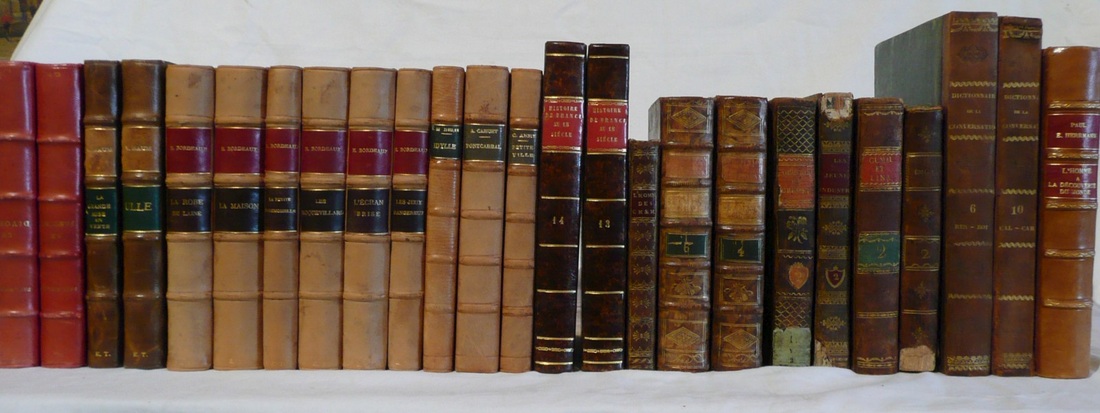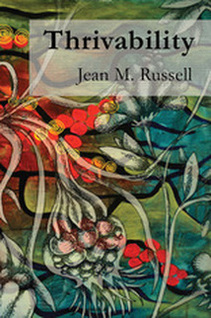Partially Rival Goods
Jean Russell quotes Brett Frischmann in describing the notion of partially rival goods: "Our models of the world have not been accurate enough and have resulted in some unintended and pretty dangerous consequences. If we focus on flows more than stocks, we notice this peculiar phenomenon of partially rival goods. Brett Frischmann introduced me to this concept. At the time Brett was a lawyer and professor in Chicago. Since then, he has released the book, Infrastructure: The Social Value of Shared Resources. He describes partially rival goods as those things that, with appropriate flow, can be experienced as if they are non-rival. Take driving down the highway, for example. If very few people are driving on the road when you are, it is as if the road is a non-rival good. You have it mostly to yourself. But if enough people use the road, congestion clogs it, making it into a rival good – I can have it but you can’t. The discernment that he points out is a crucial one in understanding how to take action for a more thriving world. My takeaway from what Brett taught me about partially rival goods is that we need to play non-zero-sum games when we deal with them. This is at the heart of the work for which Elinor Ostrom shared the Nobel Prize in Economics – solving the tragedy of the commons. When we share a common good and we approach it as a non-zero sum game, we can work to prevent the common good experiencing ‘congestion’ and agree on how to navigate any congestion that arises. We need to behave differently with rival goods (like limited natural resources), and partially rival goods (like utilities, forests, and roads), as opposed to non-rival goods (music, books, recipes) if we are to move beyond the unintended consequences we have caused whenever we have treated any of these as if it were one of the others. How do we do that? By making new agreements for the games we are playing. (The whole Intellectual Property debate is a good example of this changing of the rules. An idea is a non-rival good that has been constrained into a rival good (IP) to ensure financial profitability. But there are other ways to handle the problem of how to reward the person who had the idea in the first place.)" References: Jean Russell - Thrivability Brett Frischmann ~ Infrastructure: The Social Value of Shared Resources |
Explore |


